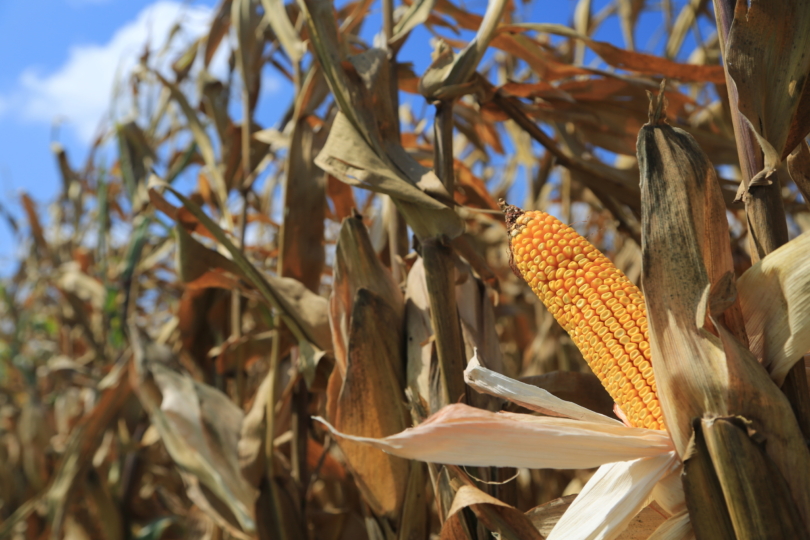U.S. government leaders are negotiating with Mexico regarding an upcoming ban on biotech crops.
The issue stems from a 2020 presidential decree from Mexico that bans genetically modified (GM) corn and calls for the country to phase out glyphosate, the active ingredient in Roundup, by 2024.
“This decree was meant to cover both the use in Mexico of biotechnology and also products produced with biotechnology that are imported,” Dave Salmonsen, American Farm Bureau Federation (AFBF) senior government affairs director, said.
The main concern is what the decree means for U.S. exports.
“Mexico is such a large market for the U.S., especially corn, but all kinds of products,” Salmonsen said. “So, that would have a severely hampering effect of course for our exporters, but of course for also Mexico, people using corn, there’s really not a lot of other places they could source product. And Mexico has also not approved any new biotechnology traits since 2018.”
Although Mexico is mostly self-sufficient in white corn, they depend on the U.S. for the majority of its yellow corn supply. Shipments to Mexico make up nearly 30% of U.S. corn exports, and the country is the largest export market for U.S. corn.
The ban is expected to lead to significant economic ramifications for both the U.S. and Mexican economies, resulting in billions of dollars in losses for U.S. farmers and higher food prices for consumers in Mexico.
Negotiations with Mexico regarding the ban are ongoing.
“This week, our trade representative will be meeting with the Mexican economy minister,” Salmonsen said. “American Farm Bureau, other ag groups have weighed in on this with letters and meetings, and of course ultimately, if necessary, a case could be brought under the dispute settlement provisions of the U.S.-Mexico-Canada Agreement.”
In a statement released this week from Mexican President Andrés Manuel López Obrador, the country appears to be willing to delay the implementation of the decree on GM only for dent corn while further studies are conducted to show that it does not represent a threat to human safety.
U.S. Secretary of Agriculture Tom Vilsack, in a statement that he released after this week’s meeting, said there are no concrete proposals in writing yet and no agreements.
“We expect to have a proposal from the president’s team soon, and we will evaluate closely,” Vilsack said. “While we do not have a solution in hand, we will continue to engage with Mexico on this important issue.”


Sec of Ag should be looking for alternative buyers for our corn. They have known about this for long enough. Let Mexico do what they want.
It’s probably a ploy to lower our prices.